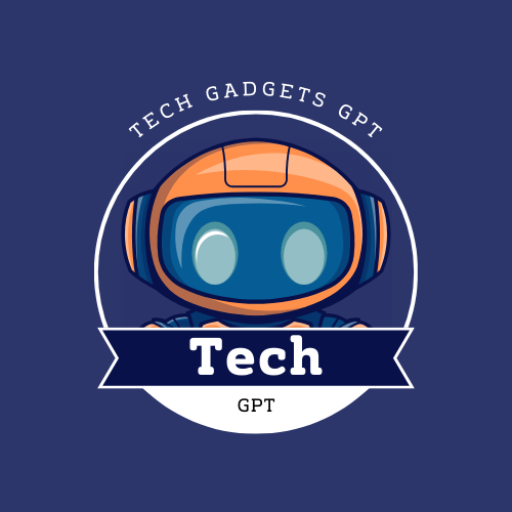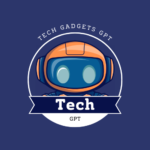Data annotation plays a pivotal role in training machine learning models by providing accurate and high-quality labeled data. The data annotation starter assessment evaluates your ability to effectively annotate various data types, such as images, text, audio, or video. This assessment is a stepping stone for individuals aiming to build a career in AI data labeling or enhance their skills in this domain.
If you’re preparing for this crucial evaluation, this guide will walk you through everything you need to know, addressing common pain points and providing actionable strategies to excel. By the end, you will be equipped with practical tips and resources tailored to ensure your success.
What Is the Data Annotation Starter Assessment?
The data annotation starter assessment is a test designed to measure your:
- Attention to detail: Ensuring consistency and accuracy while labeling data.
- Understanding of guidelines: Adhering to specific annotation protocols.
- Speed and efficiency: Completing tasks within a stipulated timeframe.
This assessment is often part of the onboarding process for data annotation platforms or AI development projects. It’s aimed at evaluating your readiness to contribute to high-quality training datasets while meeting industry standards.
Why Is the Assessment Important?
For AI Development
Accurate annotations are the foundation of reliable AI models. The data annotation starter assessment ensures contributors can meet the quality standards required for producing datasets that fuel machine learning algorithms. Poor-quality annotations can lead to flawed models, underlining the importance of precise and consistent labeling.
For Professionals
Successfully passing this assessment demonstrates your competency in handling annotation tasks, making you a preferred choice for AI companies and data labeling projects. It validates your skills and opens doors to advanced opportunities in the AI and machine learning sectors.
Common Challenges in Data Annotation
- Ambiguity in Guidelines
- Interpreting vague instructions can lead to inconsistent labeling. This often occurs when data annotation tasks are complex or the provided examples are insufficient.
- Complex Data
- Annotating datasets with intricate patterns, overlapping features, or large volumes can be overwhelming without proper strategies.
- Time Management
- Balancing speed with accuracy can be challenging, especially for beginners or when working on tight deadlines.
Key Skills Required to Succeed
- Attention to Detail
- Careful observation is crucial for identifying subtle features within the data. For example, differentiating between closely related objects in image datasets or identifying context-specific sentiments in text datasets.
- Consistency
- Uniform application of labels ensures the reliability of training data. Establishing a checklist or using reference examples can help maintain consistency across tasks.
- Adaptability
- Be open to learning and adjusting to new guidelines, data formats, and tools. For instance, transitioning from annotating text to labeling complex images requires a flexible mindset.
- Time Management
- Organize your workflow to meet deadlines without compromising quality. Using time-tracking tools or setting milestones for long tasks can improve efficiency.
How to Prepare for the Data Annotation Starter Assessment
1. Understand the Guidelines
- Carefully read the provided annotation instructions to grasp the expectations. Highlight critical points and examples.
- Clarify ambiguities by consulting with supervisors, forums, or detailed documentation.
2. Practice with Sample Data
- Use freely available datasets to simulate the annotation process. Explore platforms like Kaggle and GitHub that host diverse datasets.
- Attempt mock assessments to identify weak areas and improve accuracy.
3. Master Annotation Tools
- Familiarize yourself with popular tools such as:
- Labelbox: For collaborative annotation projects.
- SuperAnnotate: Ideal for large-scale tasks with advanced features.
- VGG Image Annotator: Lightweight and easy to use for quick projects.
- Learn shortcuts and experiment with tool features to save time.
4. Develop Focus and Accuracy
- Minimize distractions and allocate dedicated time for annotation tasks.
- Double-check your work to ensure all annotations adhere to the guidelines and meet quality standards.
Top Tools for Data Annotation
- Labelbox: A comprehensive platform for collaborative annotation with customizable workflows.
- SuperAnnotate: Known for its scalability and AI-powered annotation tools.
- VGG Image Annotator: Perfect for smaller projects due to its lightweight interface.
- Dataloop: Offers a robust interface for managing annotation pipelines.
Tips to Ace the Assessment
- Break Down the Task
- Approach complex datasets in smaller, manageable segments to avoid feeling overwhelmed and ensure thoroughness.
- Review Before Submission
- Allocate time to review your annotations for errors, inconsistencies, or omissions.
- Stay Calm Under Pressure
- Manage your time wisely, but don’t rush at the cost of accuracy. Practice mindfulness techniques to maintain focus.
- Seek Feedback
- After completing practice tasks, request feedback from experienced annotators or supervisors to improve your skills.
Addressing Common Pain Points
1. Lack of Clarity in Guidelines
- Solution: Seek clarification or refer to well-documented examples to better understand expectations.
2. Balancing Speed and Accuracy
- Solution: Practice timed annotations to improve efficiency without sacrificing quality. Focus on gradually increasing your speed while maintaining accuracy.
3. Difficulty with Complex Data
- Solution: Focus on familiar data types initially and expand to more complex datasets as your confidence grows.
Conclusion
The data annotation starter assessment is a vital step for professionals aspiring to excel in AI-related fields. By understanding the requirements, honing essential skills, and utilizing effective strategies, you can confidently tackle this assessment and set yourself apart in the competitive landscape of data annotation.
Remember, preparation and practice are key. Invest time in mastering tools, familiarizing yourself with guidelines, and practicing on diverse datasets. Start your journey today and take a decisive step toward mastering the art of data annotation!





